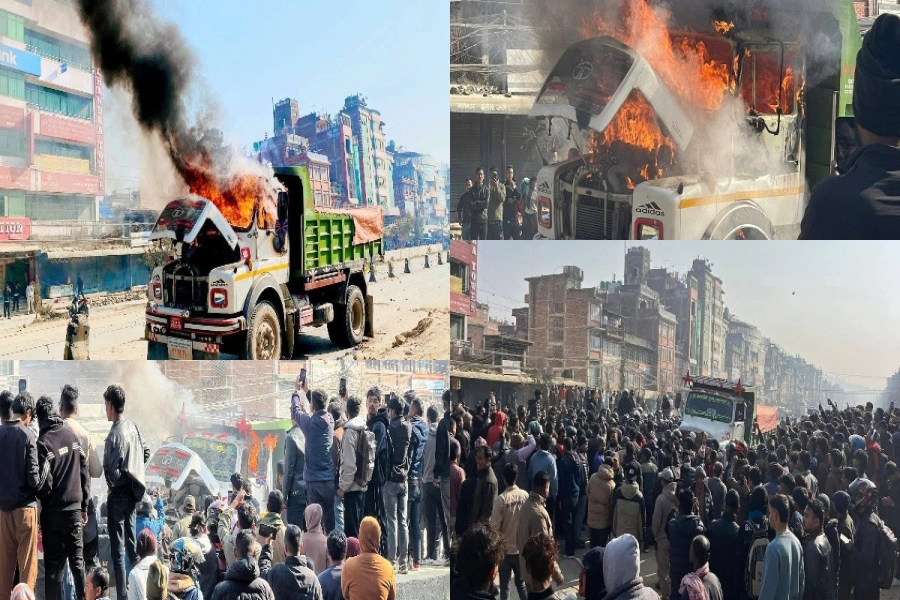KATHMANDU, April 29: The Centre for Social Innovation and Foreign Policy (CESIF) on Tuesday organized a national seminar titled “Strengthening Nepal’s Diplomatic Negotiations” in the capital, bringing together senior diplomats, policymakers and experts to discuss strategic ways to enhance Nepal’s negotiation capacity, particularly in engagements with China.
The seminar was organized to disseminate CESIF’s latest research findings on Nepal’s negotiations with China and to facilitate dialogue on building stronger diplomatic institutions in a rapidly shifting geopolitical environment.
In his opening remarks, CESIF Executive Chairperson Vijay Kant Karna highlighted the need for strategic reflection in Nepal’s foreign policy approach. “This seminar aims to be a platform for critical analysis and actionable insights to shape Nepal’s diplomatic future,” he said, adding that Nepal must navigate shifting global power dynamics with “skill and foresight.”
Experts call for forging a national consensus on how the countr...
_20240313151708.jpg)
In his keynote address, Former Foreign Secretary Madhu Raman Acharya emphasized the evolving nature of diplomacy from traditional political security to contemporary economic concerns such as trade, transit and investment. Citing Nepal’s institutional weaknesses and lack of preparation, he warned that engaging with powerful nations like China without fully understanding their strategic interests could lead Nepal into precarious positions. “No big power should use another to serve its own interests in deals involving Nepal,” he said.
Presenting CESIF’s research findings, Research Director Ajaya Bhadra Khanal identified corruption, debt risks, and weak institutional frameworks as key impediments to effective negotiation with China. He noted that informal political channels and party-to-party diplomacy often override formal processes, particularly in high-stakes agreements like the Belt and Road Initiative (BRI). “Interest-based, strategically autonomous negotiations—led by institutions, not individuals—are essential,” Khanal stressed.
The seminar featured two high-level panel discussions. The first, focused on “Strengthening Nepal’s Negotiation Capacity,” included former officials Dr. Govinda Raj Pokharel, Shanker Das Bairagi, Madhu Kumar Marasini and former Ambassador Sarmila Parajuli Dhakal. The panelists emphasized strategic clarity, national consensus, and institutional leadership. Bairagi urged Nepal to move past a defeatist mindset and resist external pressure.
Dr. Pokharel cautioned against uncritical adoption of foreign narratives and highlighted recent diplomatic concessions, such as use of the term “Xizang” and positions on Taiwan. Dhakal advocated for cross-party unity on foreign policy and greater focus on emerging sectors like labor diplomacy and technology.
The second panel titled “Geopolitics and Bilateral Negotiations,” brought together senior political figures including former ministers Surendra Pandey and NP Saud, Rastriya Swatantra Party’s Shisir Khanal, lawmaker Madhav Sapkota and former Finance Secretary Rameshore Khanal. Discussions focused on the need for policy coherence, accountability and evidence-based negotiations.
Lawmaker Saud cautioned against rushed agreements driven by short-term optics, while another lawmaker Khanal criticized the communication gap between the executive and parliament. Lawmaker Sapkota advocated deeper research to inform foreign policy, while former Finance Secretary Khanal called for separating political ideology from economic collaboration.
The seminar was attended by over a hundred participants, including policymakers, diplomats, bureaucrats, academics, journalists, and international experts.






































